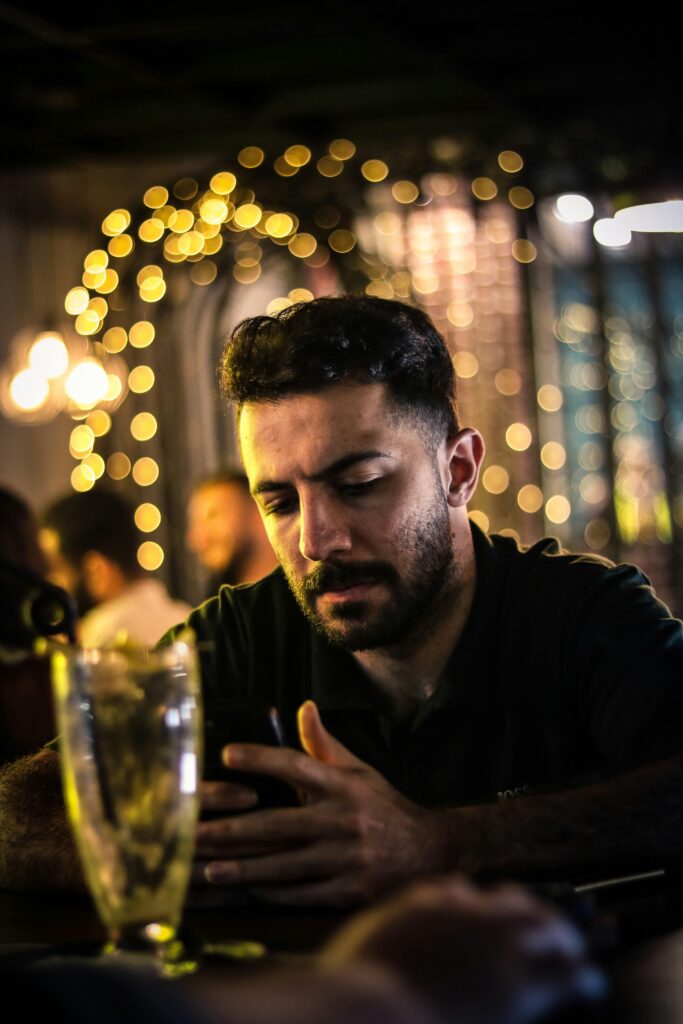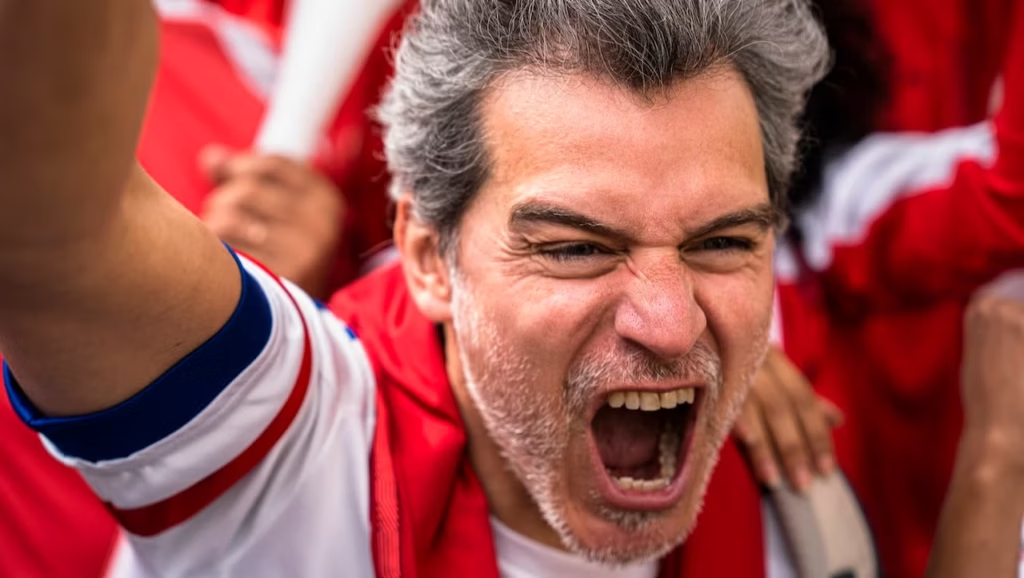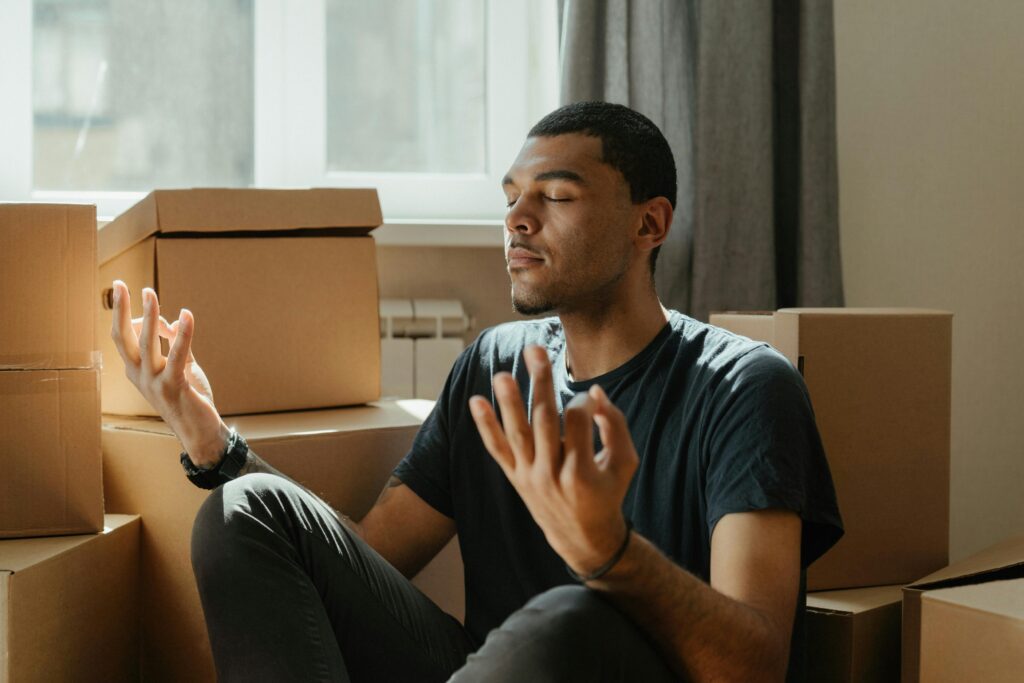During those long months of lockdown gloom, one TV show helped save my sanity. It was called Alone, a survivalist series that followed the self-documented struggles of 10 contestants who are dispersed across a remote section of wilderness with only limited equipment to sustain them. Over the nine seasons of the show, the locations ranged from Patagonia to British Columbia. But whatever the continent, they were always cold, inhospitable places in which grizzly bears, wolves or some equally heinous local alternatives were invariably circling. Exposed to wintry elements, each contestant had to build a primitive shelter and stave off the threat of starvation by foraging, hunting and fishing. They could tap out at any time, but the last person to withstand the bone-chilling conditions would walk away with a big cash prize.
Alone was ideal pandemic viewing because it showed people navigating some of the issues we were experiencing at home, albeit with far less visceral intensity. During those weeks of social isolation, it was somehow reassuring to see these plucky contestants finding ways to navigate the loneliness and hardship. Watching from the sofa, I was just trying to stay afloat through home-schooling, rather than being forced to live off tree bark and squirrel meat. Nonetheless, the program still resonated thanks to its inspiring moments of optimism and fortitude in the bleakest conditions.
The show also presented self-reliance in a heroic light, a quality that, in recent years, seems to have become increasingly unfashionable. Today, solitary life is rarely viewed in a positive manner, with many studies proving that our social bonds are closely linked to longevity and that living alone is often associated with poor mental health. In fact, we’ve long been conditioned to think of isolation as a bad thing – children are sent to their rooms as a form of punishment, while exile was once considered a penalty worse than death. Yet this one-eyed take on individualism may be depriving us of a host of unexpected benefits.
That, at least, is the view of Chris Bakon, a contestant in the new Australian series of Alone that’s set in the wilds of Tasmania. “Being alone can be great,” he insists. “It can serve a very good purpose, and we should all have a part of that in our lives. But I think so many of us live surrounded by people, we just don’t know what it’s like.”
“If you get rid of it all and just strip everything back to just you and nature, that can be intimidating but also very humbling. It’s like having a cold shower for your mind”
– alone contestant and former soldier chris bakon
Bakon first discovered the benefits of solitude while learning to deal with his post-traumatic stress disorder. The 40-year-old served in the Australian army from 1999 to 2006, a stint that included repeated tours of Iraq. After returning to civilian life in his native Tasmania, he found himself haunted by his war-time experiences and tried to block them out with the distractions of work and booze. “During the day, I’d just be working as hard and as long as I could,” he says. “And then after work, I’d be hitting the bottle, drinking until I passed out. When I wasn’t working, I’d basically be drinking or sleeping. That was a big revolving pattern and obviously not a healthy one.”
It was only after his PTSD was diagnosed that Bakon began looking for more constructive ways to manage his condition. An avid fisherman and crayfish free diver, he found being alone with nature on the Tassie coast incredibly restorative.
Grounding, he explains, is a mental-health technique that can help people to calm themselves and detach from flashbacks or challenging emotions by focusing on their immediate surroundings. Bakon discovered that he could intensify its effect by immersing himself alone in nature. “You can sit at a table with your hands on your knees with your eyes closed to ground yourself,” he says. “But if you get out there into the bush, and just remove yourself from everything that’s artificial in this world – the bricks, the steel, the plumbing, the power lines – if you get rid of it all and just strip everything back to just you and nature, that can be intimidating but also very humbling. It’s like having a cold shower for your mind.”
Bakon is hardly the first person to recognise the pyschotherapeutic benefits of solo time. The British psychiatrist Anthony Storr was convinced that man’s capacity to be alone was a sign of emotional maturity and an overlooked tool for personal growth. In his book, Solitude: A Return to the Self, he wrote: “In a culture in which interpersonal relationships are generally considered to provide the answer to every form of distress, it is sometimes difficult to persuade well-meaning helpers that solitude can be as therapeutic as emotional support.”
Bakon agrees that devoting time for self-reflection is hugely worthwhile. “If you’re never alone and you’re always with a partner or friends, at what point do you get in touch with just the essence of nature and yourself?”
Carving out such moments of quiet is harder than ever in our hyper-connected world. You text a mate while walking down the street, browse your emails as you queue for coffee, or take a work call as you drive on your daily commute. Meanwhile the relentless jibber-jabber of social media never stops. As a result, we’ve become less mentally attuned to spending time alone in our heads.
Bakon was more ready than most for confronting the wilderness single-handed. A seasoned outdoorsman, his social media feed @tassieadventureman is full of pictures of the giant crayfish, abalone and flathead that he pulls from the ocean’s depths. But even with all his bushcraft and practical familiarity with solitary life, his time on Alone still proved to be a profound experience. The weeks of isolation served to make him more appreciative of his friends and family, while he also gained a welcome sense of perspective that made him less judgmental. “When you’re out there in these big, tall trees, and they’re blowing in a gnarly wind, and Mother Nature’s giving you a bit of a challenge, you realise how inferior you are,” he says. “What happens then is that all your egotistical behaviour goes away. I feel that it’s really opened up my heart a lot more to other people’s views and opinions.”
Spending time alone won’t automatically trigger such epiphanies, but it may at least create the necessary space. There’s a hard-headed reason why, every year, Bill Gates used to spend two “think weeks” alone in a cabin deep in the forest in the Pacific Northwest. Gates made this time to escape distraction and read, giving himself dedicated time for deep, creative thought.
The Microsoft boss might have embraced solitude as a means to kindle productivity and inspiration. But making time to be alone doesn’t have to be so goal-orientated – just think of it as a life skill. Whether you find yourself having to uproot to a new city or you’re blindsided by the end of a relationship, solitude is something that few of us can avoid forever. When you do find yourself alone on the rocky shoreline of life, the ability to remain comfortable in your own skin can prove deeply affirming. Yes, we may be social animals, but it’s called “self-acceptance” for a reason.















